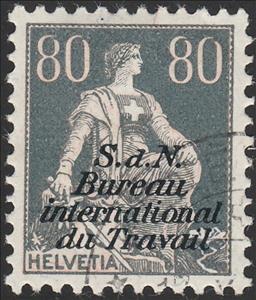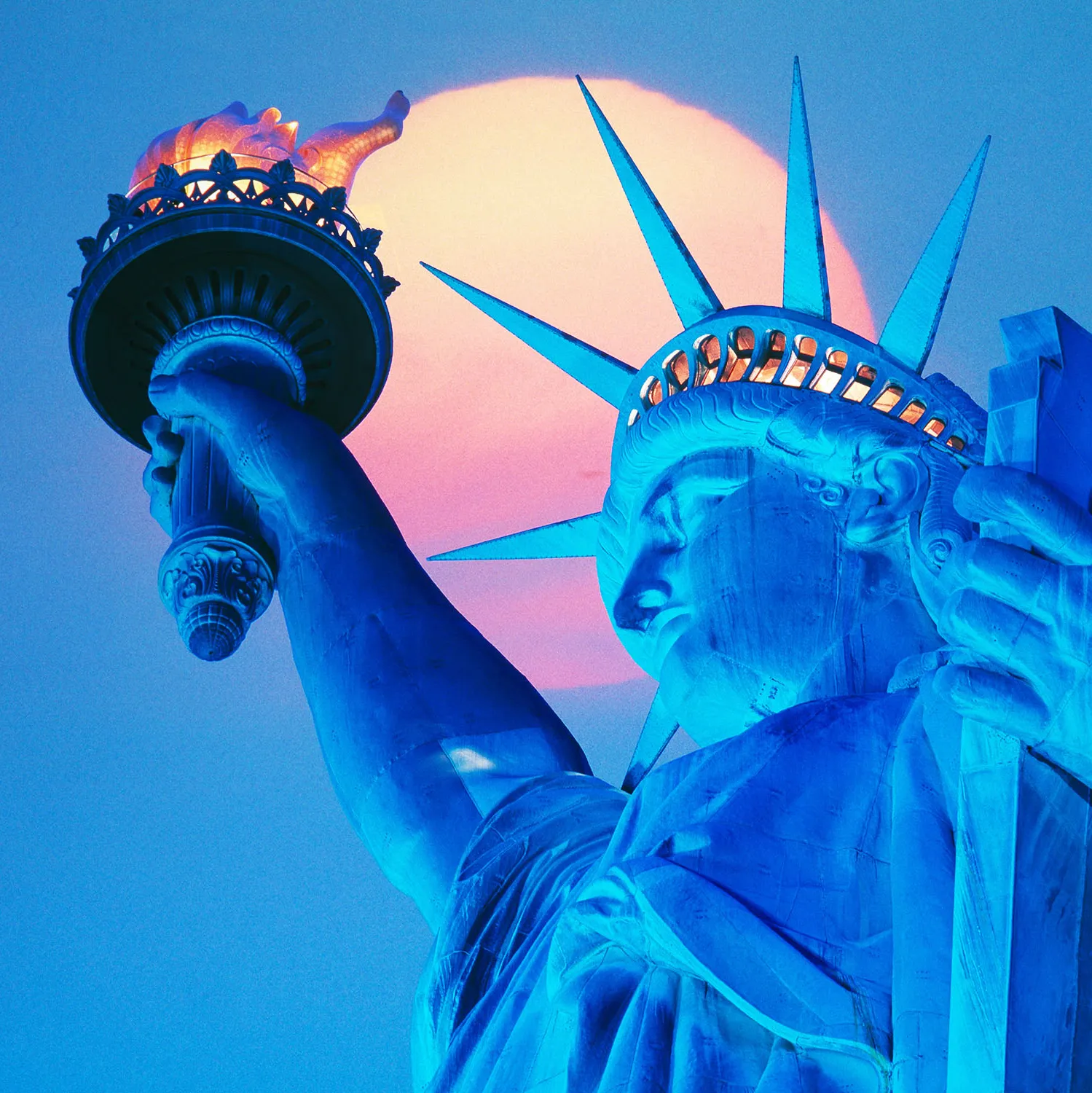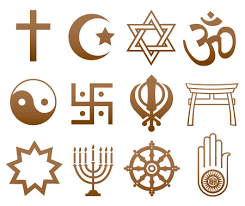Stamp: Helvetia with Sword (BIT/ILO overprint) (Switzerland 1944)
Helvetia with Sword (BIT/ILO overprint) (Switzerland 1944)
01 January (Switzerland ) within release BIT/ILO - International Labor Bureau goes into circulation Stamp Helvetia with Sword (BIT/ILO overprint) face value 80 Swiss centime
| Stamp Helvetia with Sword (BIT/ILO overprint) in catalogues | |
|---|---|
| Michel: | Mi: CH-BIT 10z |
| Stanley Gibbons: | Sg: CH LB21a |
| Zumstein: | Zum: CH-BIT 10z |
Stamp is square format.
overprinted "S.d.N. Bureau international du Travail"Stamp Helvetia with Sword (BIT/ILO overprint) it reflects the thematic directions:
A statue is a free-standing sculpture in which the realistic, full-length figures of persons or animals are carved or cast in a durable material such as wood, metal or stone. Typical statues are life-sized or close to life-size. A sculpture that represents persons or animals in full figure, but that is small enough to lift and carry is a statuette or figurine, whilst those that are more than twice life-size are regarded as colossal statues.
A sword is an edged, bladed weapon intended for manual cutting or thrusting. Its blade, longer than a knife or dagger, is attached to a hilt and can be straight or curved. A thrusting sword tends to have a straighter blade with a pointed tip. A slashing sword is more likely to be curved and to have a sharpened cutting edge on one or both sides of the blade. Many swords are designed for both thrusting and slashing. The precise definition of a sword varies by historical epoch and geographic region.
A symbol is a mark, sign, or word that indicates, signifies, or is understood as representing an idea, object, or relationship. Symbols allow people to go beyond what is known or seen by creating linkages between otherwise very different concepts and experiences. All communication (and data processing) is achieved through the use of symbols. Symbols take the form of words, sounds, gestures, ideas, or visual images and are used to convey other ideas and beliefs. For example, a red octagon is a common symbol for "STOP"; on maps, blue lines often represent rivers; and a red rose often symbolizes love and compassion. Numerals are symbols for numbers; letters of an alphabet may be symbols for certain phonemes; and personal names are symbols representing individuals.



